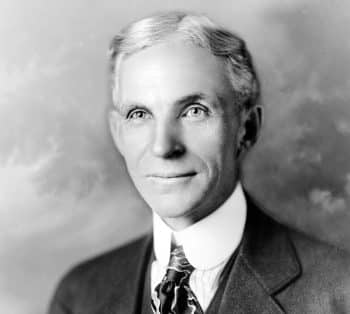Home » US business news » Teva to pay $225 million in US price-fixing case
Teva to pay $225 million in US price-fixing case
https://www.whatjobs.com/news/usa/us-business-news/teva-to-pay-225-million-in-us-price-fixing-case

By Nithya Bose in US business news, posted August 22, 2023

Teva has agreed to pay $225 million to settle criminal charges linked to price-fixing allegations from the US Department of Justice.
The settlement marks the highest fine ever imposed for domestic antitrust crimes.
Teva's US subsidiary is also required to divest its product line for pravastatin, a commonly prescribed cholesterol drug.
Read More: UBS To Pay $1.4 Billion To Settle 2008 Fraud Claims
The company will donate $50 million worth of other medications to organizations serving underprivileged patients.
This settlement is structured as a deferred prosecution agreement, meaning Teva will avoid prosecution if it complies with the law for three years.
This was a crucial element, as a guilty plea or conviction could have led to the company being barred from conducting business with federal healthcare programs.
Teva said it was pleased to resolve the case and believed in defending itself against any civil lawsuits arising from the same allegations.
In 2020, both Teva and the US subsidiary of India-based Glenmark Pharmaceuticals were charged with conspiring to increase prices for pravastatin and other generic drugs between 2013 and 2015.
Read More: Supreme Court Suspends $6 Billion Opioid Settlement
Glenmark, too, entered into a deferred prosecution agreement, agreeing to pay $30 million to settle the charges against it.
As part of the settlements, prosecutors must approve the buyers and terms of the divestiture of pravastatin product lines by both companies.
The investigation into generic drug industry price-fixing, involving Teva and other firms like Apotex, Taro Pharmaceuticals USA, and Sandoz, has been ongoing for some time.
Customers overcharged by at least $350 million
According to an indictment in 2020, customers were alleged to have been overcharged by at least $350 million, .
Collectively, these companies have agreed to pay fines exceeding $680 million.
Need Career Advice? Get employment skills advice at all levels of your career
Taro reached a $205 million settlement, Sandoz agreed to pay $195 million, and Apotex consented to a $24 million settlement.
Generic drugs make up approximately 90 percent of medications sold in the US.
Once a branded company's exclusivity period expires, regulators can approve generic drugs for other companies to market, increasing competition and lowering prices.
Teva has been working to resolve thousands of lawsuits from states, localities, and tribes, accusing it of misconduct in the nation's opioid crisis.
A spokesperson for Glenmark did not respond to requests for comment.
Follow us on YouTube, Twitter, LinkedIn, and Facebook.











